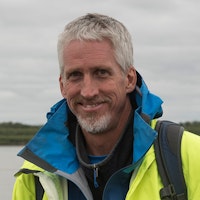Resurrecting the Woolly Mammoth and Other Climate Moonshots
Setup
As scientists have slowly come to grasp the seriousness of climate change, many have begun to doubt that humans can transition away from fossil fuels fast enough to avoid serious ecological collapse on land and in the oceans. Some researchers have suggested that we should take unusual measures to prevent these outcomes. Among the more familiar of these “moonshots” is the plan to cool the planet by seeding its atmosphere with sun-reflecting aerosols. But more recently, Russian scientists have proposed an even wilder scheme to cool the Arctic’s melting permafrost with lab-grown woolly mammoths. A paleo-ecologist and a renowned earth systems scientist join science writer Ross Andersen—who recently spent several weeks on assignment in Siberia exploring the giant craters that inspired the woolly mammoth moonshot—to explore the possibility and the difference it could make. Ross Andersen is a senior editor at The Atlantic, where he oversees the science, technology, and health sections Jacquelyn Gill is an assistant Professor of Paleoecology & Plant Ecology at the University of Maine Robert Max Holmes is the deputy director and a senior scientist at the Woods Hole Research Center
- 2017 Festival
- Science
- Environment
Explore More
Science

Space… the final metaphor for the unknowable. But we are certainly trying to understand what goes on out there, and the more we learn, the more fascinating questions start to...

Since 2014, Aspen Ideas: Health has welcomed nearly 800 inspiring women leaders to our stages to share their bold approaches to better health. In honor of Women's History Mont...

Setting audacious goals helps to redefine what is achievable in health, medicine, and science. As we deepen understanding of the human genome, unravel the mysteries of the bra...


Each year brings more destructive natural disasters and growing evidence of the challenging future we face if we don’t address climate change. But the biggest cause of climate...

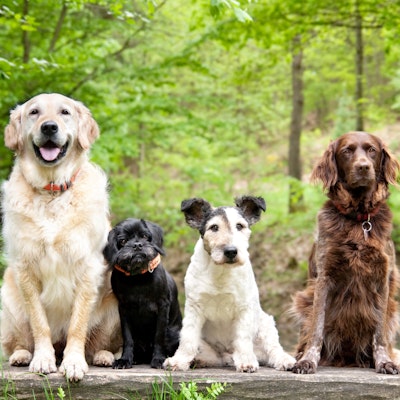
Research on aging and extending life and healthspan has ventured beyond humans to our best animal friends – dogs. In less than a year, dog owners may be able to buy a drug tha...


If we do absolutely nothing to mitigate climate change, scientists estimate the toll could be $38 trillion a year in damages. Industrialized countries like the United States,...
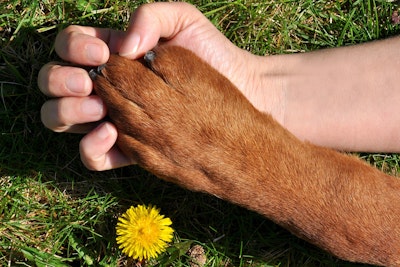
The recognition that all things are connected is at once a scientific principle and a philosophical touchstone. Humans, animals, and the environment are intertwined in complex...
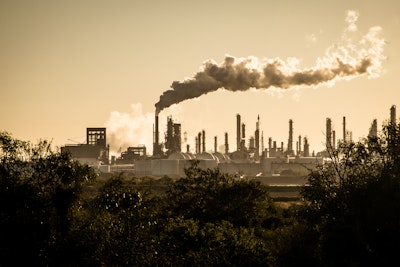
A couple of degrees makes a world of difference — megafires, rising seas, failing infrastructure, and food systems require our immediate attention. Demands on dwindling natura...

Women are crucial to the climate movement, but their voices are often underrepresented and their work goes under-supported. Meet just a few of the women from this year’s Aspen...

For as long as humans have looked at the skies, we’ve speculated about whether there is life in space. Scientists, the U.S. military and the CIA have all searched for proof of...
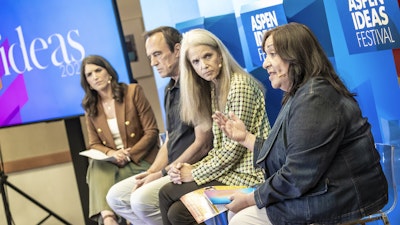
Heat is now the top weather-related cause of death in the U.S., killing more people than hurricanes, floods and tornadoes combined. An environmental journalist and two city ch...

Every transition comes with tradeoffs, and even clean energy carries negative consequences. As they mine for critical minerals or build solar arrays on sensitive land, clean e...

It sounds like sci-fi: Scientists are beaming solar energy from space, subbing seaweed for plastic and brightening clouds to reflect sunlight to lower temperatures in a warmin...

*No food or service animals allowed in this session.* The creator of Fat Bear Week in Alaska gives insight on the importance of wildlife education, and then ecologists unpack...

Even as the clean energy transition is underway, AI and global development are demanding more energy than ever. What’s the best plan to bring massive amounts of zero- and low-...
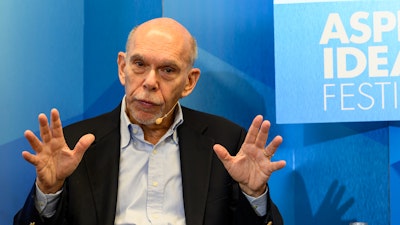
Brain-computer interfaces show potential to restore function to people impacted by incurable neurological conditions such as stroke, spinal cord injury, traumatic brain injury...

Scientists are developing life-extending drugs for dogs, and new advancements could bring them to market by 2025. Two leaders working to slow the aging process for Fido discus...

Amid the stark realities of our planet's degradation, there are bright glimmers of hope in conservation efforts around the world. Paul Nicklen and Cristina Mittermeier use mas...

In a recent op-ed, former U.S. climate envoy and secretary of state John Kerry declared that rich countries are failing to respond to the climate crisis. If extreme weather wi...
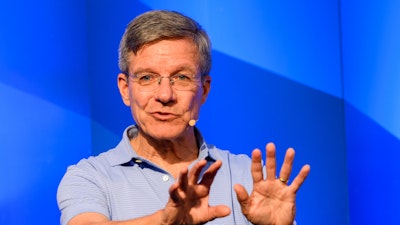
As society focuses on mitigating human climate impact, economies shift away from carbon-based energy sources — which impacts individuals, businesses and governments. Beyond su...







